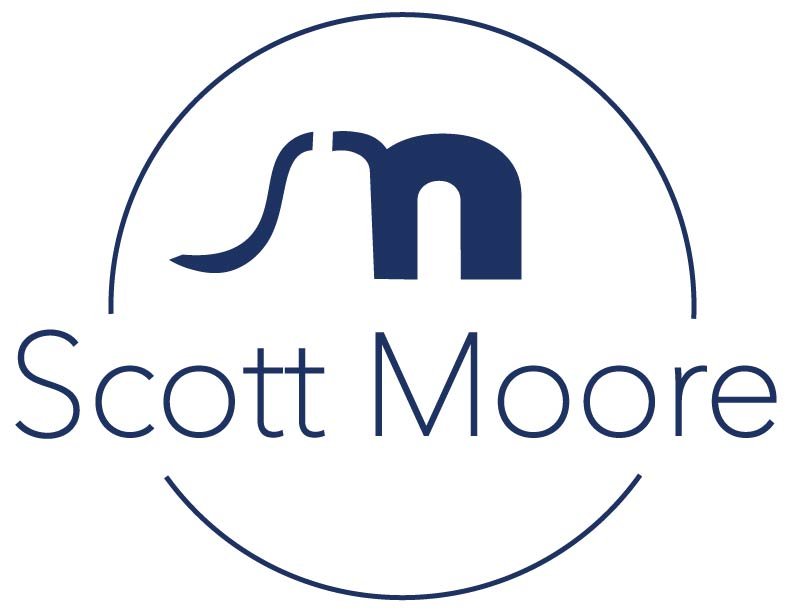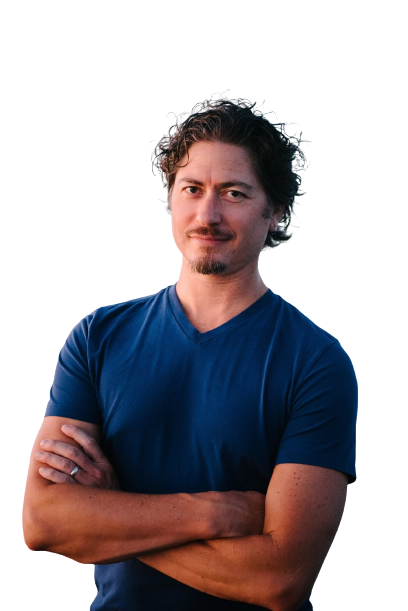Public Service Announcement:
Never consume any news before meditating.
It sends you down a vortex of worry and angst and leaves your subtle body feeling gross. Instead, meditate first, get grounded, then consume your news … if you still want to after meditating.
Over the past few weeks, I’ve been discussing the topic of tending to our subtle body and I feel that the news deserves its own chapter.
For many, the news is a very important component in their everyday lives. But it can also be an insidious energy drain. Bringing some consciousness around our news consumption can help us remain informed while also keeping us feeling alive, optimistic, and vibrant.
This quote from Wendell Berry suggests what’s possible if we are mindful with our news consumption:
“Be joyful though you have considered all the facts.”
Since my early years, I’ve always thought of journalists as superheroes. Maybe that’s because Superman’s alter ego is a journalist and at his heart his desire is to fight for the truth and make the world a better place, either through his reporting or by putting the news aside to single handedly fly under and lift a bus full of people to safety before it falls off a bridge.
In all seriousness, I’ve always felt that the role of a journalist was kind of sacred: to unbiasedly discover the truth and help inform us all of what’s going on in the world so we can make informed decisions to all help make the world a better place.
Perhaps in its purest form this is the role of journalism, however as I get older, I’ve come to understand how difficult it is to point to one thing we can all agree on which we can call “the truth.” I’ve worked hard in my life to not allow the news to make me either bitter or biased. It’s hard to do.
Perhaps this is because in the last several years, the way we receive our news and the amount of news we are exposed to has drastically changed. And with these changes, the quality and politics of news has declined substantially.
I had a professor in college who drastically changed my perspective of the news. He never watched or read ANY news.
He wasn’t trying to make any particular point except that he loved his peace of mind and felt that exposure to the news robbed him of that. I remember the day in class when he told us, as an aside, that he didn’t watch, read, or listen to the news. A student in class raised a worried hand and asked, “But aren’t you ever afraid of being uninformed about important issues going on in the world? That seems irresponsible.”
He smiled and said something very illuminating. He said that he didn’t have to search for the news because the news was always searching for him.
He said that by mere proximity to the public—conversations with other people, passing glances at headlines on newspapers and magazines in the checkout line, overheard TV and radio programs in waiting rooms, etc.—the truly important events of the world found their own way to his attention.
He also said something I hadn’t considered at that point of my life: the majority of what’s in the news isn’t really important. He said that the less important news tends to get filtered out by the time it reaches him so that he’s left hearing only what’s essential.
His comments made me think of the news in an entirely different way, like it was an invisible cloud of energy that gets released into the atmosphere and falls upon us whether we want it to or not. I started to consider all the information fallout I was exposed to and decided to be a little bit more discerning about my exposure to and sources of the news.
We’ve probably all felt the results of being inundated with too much news, too many opinions masquerading as news, or too much doom & gloom news. It makes us feel gross, depleted, and helpless.
Are you a news avoider or news addict? Maybe something in between?
Regardless, there’s a way to be mindful about our exposure to the news that can help us discern between news that is filler, fake, or factual. Being mindful about our exposure to and quality of the news will help us tend to our subtle body and keep us feeling “joyful, though we have considered all the facts,” like Wendell Berry suggests.
I’m lucky enough to have 2 great father-in-laws, one of whom is a journalism professor at the University of Utah. He’s grounded, kind, smart, and remains “joyful though [he has] considered all the facts.” So who better to ask for advice regarding how to be mindful regarding the news?
He graciously gave me some superb tips which I’m passing along. I’ve taken the liberty of bolding and italicizing his words and am reproducing them with his permission. Seems like the responsible journalistic thing to do, right?
Tips for Responsible News Consumption:
Reliable News Sources
His criteria for reliable news sources include: transparent, verified reporting with clearly identified sources; willingness to correct errors; balance in reporting without rote "objectivity" or false balance; and strict separation of reporting and opinion.
Sources that meet these criteria include:
the Associated Press (https://apnews.com/)
BBC (https://www.bbc.com/news)
Reuters (https://www.reuters.com/)
And others …
I asked him about NPR and this is what he said:
NPR is very good, but they skew toward official sources and Washington-centric reporting.
His list of excellent newspapers include:
The New York Times
Washington Post
The Wall Street Journal (news articles, not opinion content)
USA Today's national reporting
If you live in Europe he said that there’s of course the BBC (mentioned above) and if you’re in France, one might also check out France24, which seems credible to him.
News Consumption
He says “Less is more.” His guidelines for news consumption are story selection, format, and timing.
For story selection, he goes to one of the above sources and scans headlines. Some things are easy to avoid, like a recent tragic headline, "Idaho Jury Convicts Woman of Murdering …." Even reliable news outlets cover such sensational news, and he’s quick to add, “but I see no use in reading it.”
Instead, he chooses the 3-5 (no more) stories to peruse. He also gets news by listening to the BBC World Service. Because, among other things, it reminds him that there are 200 other countries in the world. He also said that one of the reasons that The BBC does such a good job in their reporting is precisely because they are accountable to so many different countries—if they get something wrong, they are going to hear about it.
Format matters. He says that all news is filtered, by humans, algorithms, or both, and says “but I submit that the worst possible way to get news (other than blatantly political channels, like Fox News or MSNBC) is through a phone.” He urges his students to use a computer, regularly read news from different sources, and know when to shut it off.
For timing, he reads 3-5 online stories during the day and listens to the radio at night. If the BBC is broadcasting something unpleasant, he tunes to the classical station.
He agrees that regarding the news, being grounded is key. “There's more information available than ever, but we need healthy minds and hearts to process it.” This reinforces my assertion that we must meditate before we consume the news.
Similarly, he tells his journalism students, "AI can never take your job as long as you care—because caring is the one thing AI can't do."
He also adds what he says is perhaps the most important thing: One day a week (Sundays), he abstains from using any device with a screen. He says, “It makes a difference.”
Again, whether you’re a news avoider or news addict, I invite you to become conscious of your relationship with the news and practice responsible consumption to tend to your subtle body.
Perhaps there’s something in the suggestions above that catches your attention—like limiting your exposure to the news or turning it off completely once a week—and try doing that for a while.
Just like Superman, maybe we too can be a superhero once in a while by putting the news aside to get out there and make the news by lending a helping hand to others.
Namaste,







